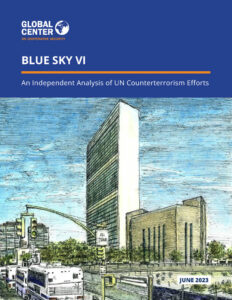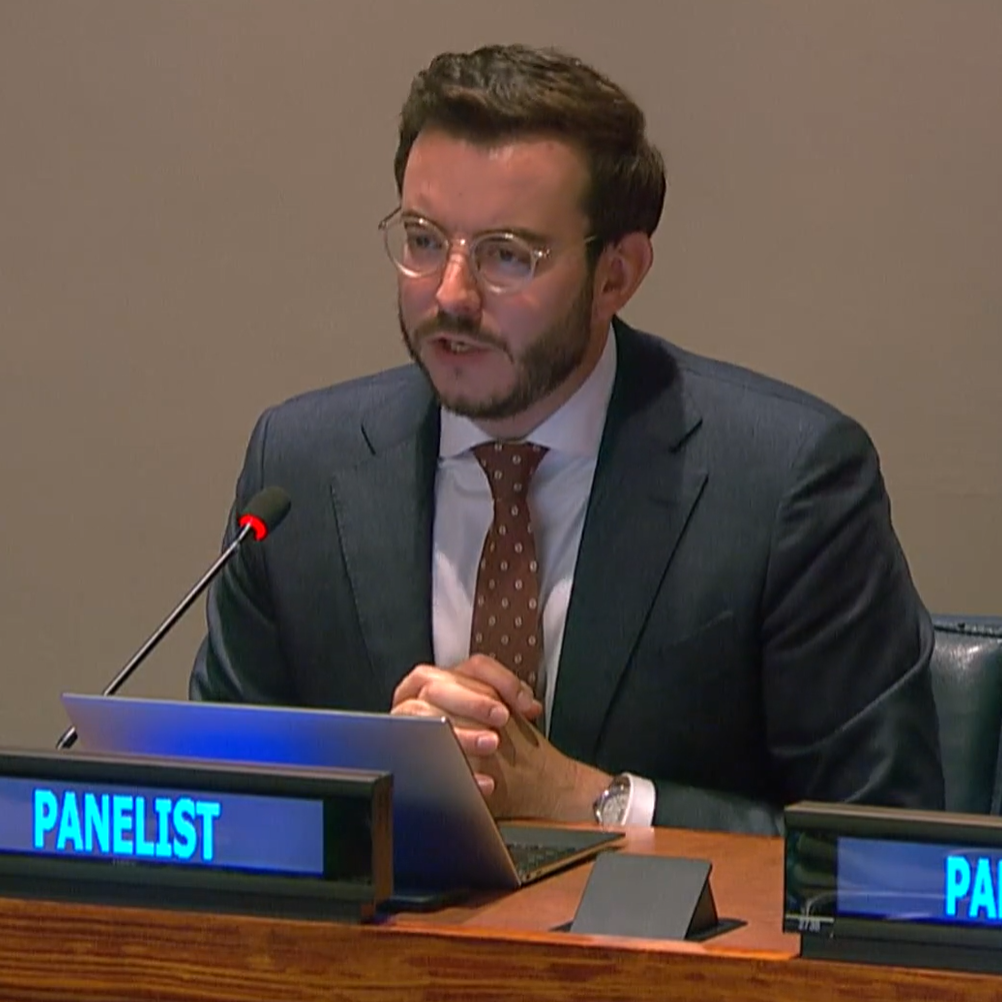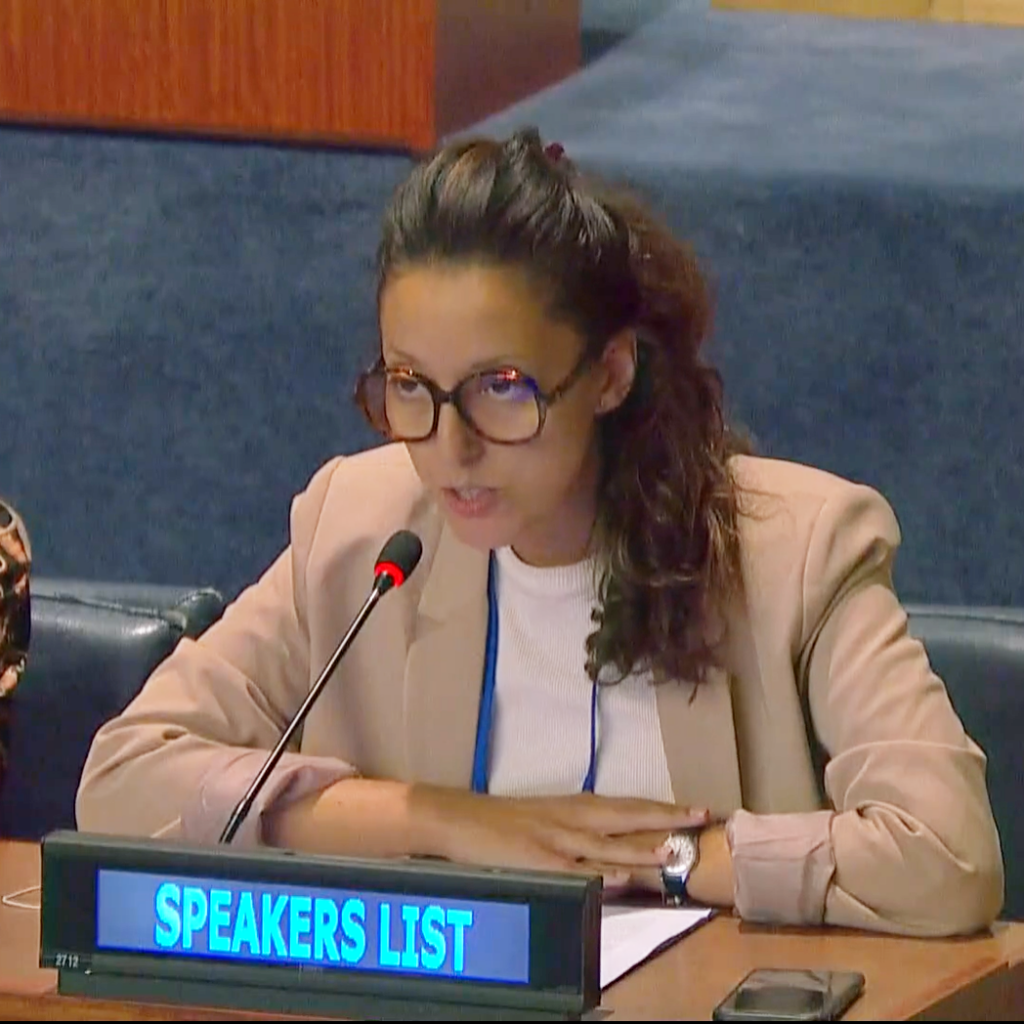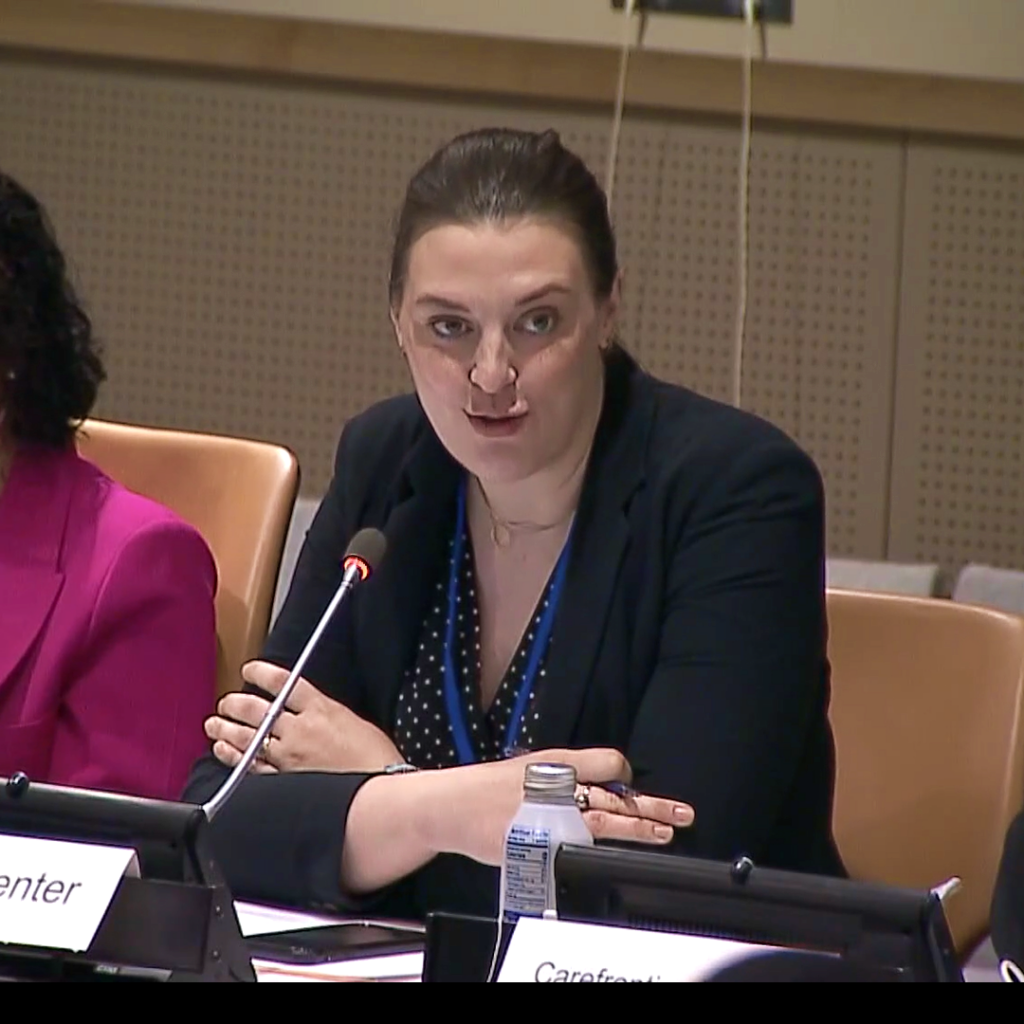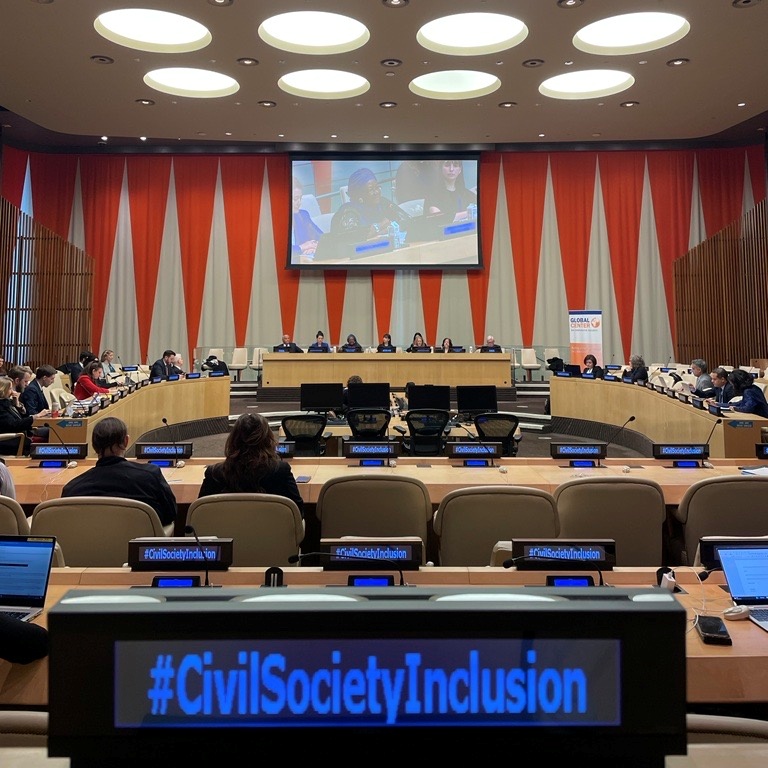In 2022, the Global Center is continuing its thematic roundtable series, which promotes interactive, informal discussions on substantive issues and new developments relating to violent extremism, terrorism, and counterterrorism with guest speakers representing the United Nations, national governments, civil society, and the private sector. These roundtables are part of the Global Center’s work on promoting and protecting human rights, safeguarding civic space, and advancing rule-of-law based approaches to countering terrorism and preventing violent extremism. In addition to the events below, the Global Center also hosted a roundtable in March 2022 on the implications of the Russian invasion of the Ukraine. More information about this roundtable is available here.
Should you have any questions regarding the roundtable series, please contact Ms. Franziska Praxl-Tabuchi at fpraxl@globalcenter.org
14 December 2022: Using Transitional Justice Approaches in Complex Conflict Settings Involving Terrorist Groups: The Iraqi Example
The Global Center, in partnership with the International Peace Institute (IPI), hosted a virtual discussion on using transitional justice approaches in complex conflict settings involving terrorist group, focusing on examples from the Iraqi context. This virtual roundtable brought together a diverse group of stakeholders, including UN representatives, member-states, and civil society experts. The key objectives of this roundtable included: 1) exploring a “One-UN” approach to sustaining peace in contexts where armed groups designated as “terrorist” operate; 2) enhancing a community-based and victim-centered approach to justice and reconciliation efforts in Iraq; and 3) informing the development of the Secretary-General’s note on transitional justice. Participants highlighted the way transitional justice approaches could offer new opportunities that would strike a balance between the demand for justice and accountability on the one hand, and reintegration and reconciliation on the other. During the first session, UNITAD presented on the ongoing justice and reconciliation efforts in Iraq highlighting the challenges and gaps of existing prosecutorial mechanisms at the national level and the impacts on a long-term peace. A civil society representative from Iraq shared concrete examples of reintegration processes of Iraqi foreign fighters and their families at the national and local level. The intervention highlighted the lack of involvement of civil society actors, affected communities and victims in the justice and reconciliation efforts. The second session focused on the role of the UN in supporting a community-based, victim-centered, and rights-based approach to justice and reconciliation in Iraq. Interventions highlighted the opportunities that transitional justice could create for improving accountability and access to justice to victims, contrasting examples from Iraq with experiences from Columbia and other regions.
28 June 2022: Applying a Transitional Justice Approach in Terrorism-Related Contexts to Ensure Sustainable Peace
The Global Center, in partnership with IPI, hosted a virtual discussion on applying a transitional justice approach in terrorism-related contexts to ensure sustainable peace. Panelists highlighted challenges, successes, and possible opportunities of transitional justice approaches in counterterrorism efforts through concrete examples and case studies focusing especially on Iraq and Syria and the Lake Chad Basin. The panel took stock of the current discussions at the international, regional, and national level, highlighting the overarching objectives of transitional justice vis-à-vis counterterrorism measures in conflict, post conflict and peaceful settings. Panelists shared their reflections and highlighted avenues to explore as part of broader reconciliation and reintegration efforts to complement judicial approaches to promote community recognition, acceptance and reduce the chances of stigmatization of people formerly associated with terrorist groups. They also addressed the challenges of using transitional justice tools including concerns around the potential “mission-creep” of counterterrorism into peacebuilding and the prioritization of terrorism-related offenses over other offenses in the transitional justice process. IPI highlighted their recent report on the risks former combatants face during the reintegration process and how designating an armed group as a terrorist organization can impact these risks. The recording of the event can be found here.
Featured Speakers: Ms. Marsin Alshamary (Harvard Kennedy School), Mr. Roger Duthie (International Center for Transitional Justice), Dr. Siobhan O’Neil (United Nations University), Mara Revkin (Duke University), Professor Issa Saibou (University of Maroua)
03 March 2022: Launch of the 2022 Global Terrorism Index
In its first roundtable of 2022, the Global Center co-organized the launch of the 2022 Global Terrorism Index together with the Institute for Economics & Peace, the United States Institute of Peace, and the RESOLVE Network, in collaboration with the Global Research Network of the United Nations Counter-Terrorism Committee Executive Directorate (CTED). The report’s key findings, including an increase in terrorist attacks and terrorism-related deaths in the Sahel and an increase in politically-motivated terrorism in the West, informed the discussion. Panelists and participants also discussed the impacts of the COVID-19 pandemic on terrorism, and the potential impacts of the ongoing Russian invasion of Ukraine. Please find the recording of the launch here. Recordings from previous Global Terrorism Index events can be found here.
Featured speakers: Mr. Steve Killelea (Institute for Economics and Peace), Ms. Farah Kasim (CTED), Mr. Alastair Reed (United States Institute of Peace and RESOLVE Network)

